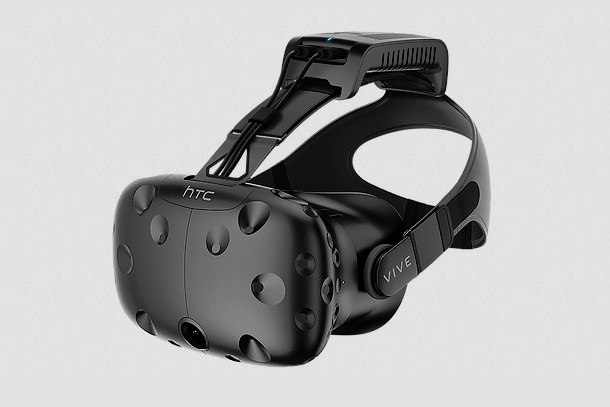Huawei kicked off the second day of its Mobile Broadband Forum in London by announcing new research partnerships to unlock AI and VR applications in 5G.
A collaboration with the University of Edinburgh will examine how AI can be used to optimise 5G networks for applications such as robotics.
The research will take place at Huawei’s own facilities and the University’s Bayes Centre, with initial areas of focus also including healthcare and mobile video.
The new agreement extends an existing collaboration between the two companies around data management technologies.
Peter Zhou, CMO at Huawei Wireless Solution, said: “AI is a key feature of 5G networking, and we are excited to deepen our understanding of how the interaction between applications and networks can create new benefits and enhancements.”
Professor Charlie Jeffery, Senior Vice Principal at the University of Edinburgh, said: “Our ambition is to utilise the knowledge of our world-leading experts to fully understand the interaction of AI and robotics systems with mobile networks.
“This new research agreement gives our team the opportunity to apply their 5G networking expertise into solving real-world problems,” he added.
Huawei’s research division also signed a Memorandum of Understanding with VR company TPCAST to develop a cloud-based VR rendering solution.
The goal is to allow visual content to be generated from models in the cloud rather than on expensive end-user terminals.
Huawei will contribute its 5G networking technologies, while TPCAST, a provider of tetherless VR hardware (pictured), will contribute a low-latency codec and VR data control protocol.
The vendor’s annual industry event ends today, after featuring keynotes from Vodafone, BT and Deutsche Telekom. Among its announcements, Huawei made a renewed call for global harmonisation of 5G bands through a new position paper.



